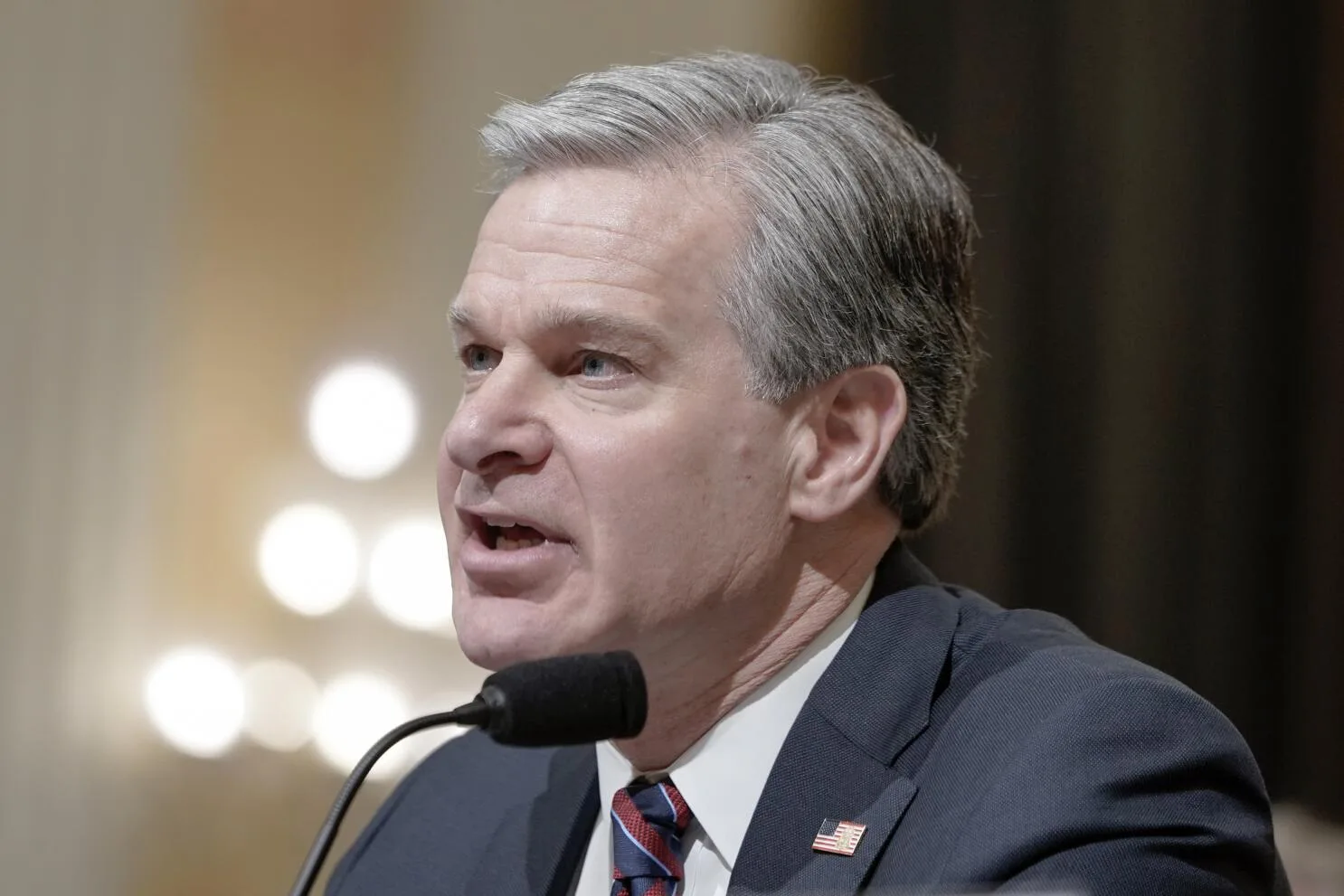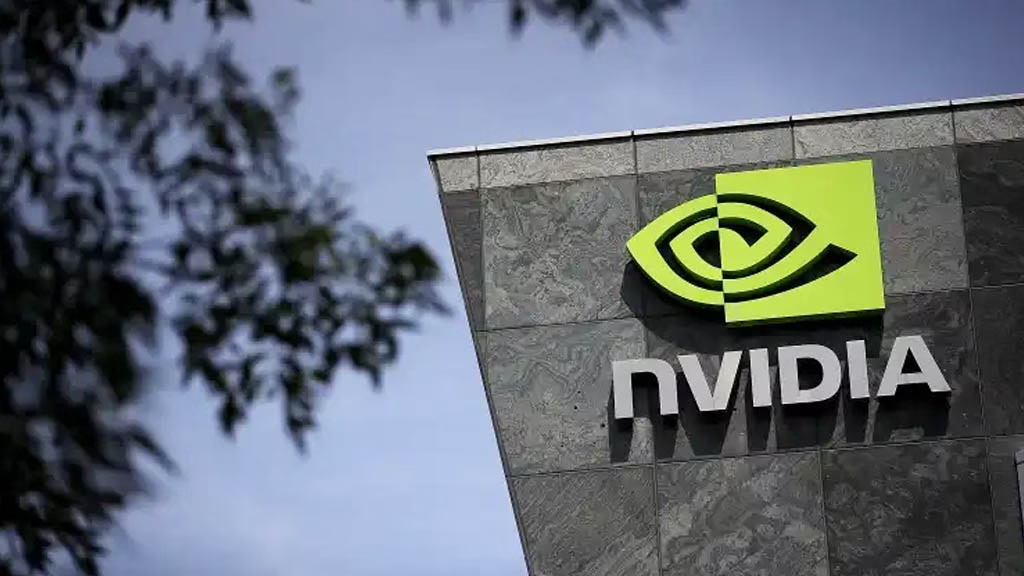The government of Pakistan has expedited the process of setting up a Social Media Regulatory Authority to ensure effective monitoring and accountability across digital platforms. Officials of the National Cyber Crimes Investigation Agency (NCCIA) informed the Senate Standing Committee on Information and Broadcasting that the federal cabinet had already approved the rules for the authority, and recruitment advertisements for its staff would be published soon. This step highlights the government’s intent to regulate online platforms more efficiently while addressing pressing concerns around cybercrimes, harassment, and misinformation.
Why the Social Media Regulatory Authority Is Needed
The rapid rise of digital platforms has created new opportunities for communication, business, and information sharing. However, it has also opened the door to online fraud, harassment, misinformation, and extremist content. Pakistan has faced increasing challenges in tackling such issues, with parliamentarians and citizens alike falling victim to scams and online abuse.
The proposed Social Media Regulatory Authority aims to strike a balance between freedom of expression and protecting individuals from online harm. Senator Ali Zafar, who chaired the recent committee meeting, emphasized the urgent need for a structured regulatory body that can safeguard both national security and digital rights.
Financial Fraud Cases Highlight the Urgency
During the Senate committee meeting, NCCIA officials revealed alarming statistics. In one case, nine members of the National Assembly were scammed when fraudsters impersonated Senator Irfan Siddiqui and demanded money. Despite lodging multiple complaints, little relief was provided to the victims initially. However, authorities have since recovered Rs1.3 million and arrested four suspects, while efforts continue to apprehend the main culprit.
The NCCIA further reported that in just five months, Rs10 million had been recovered from WhatsApp hacking-related frauds. Overall, the agency has registered 611 financial fraud cases, 320 harassment complaints, and 10 cases involving journalists. Officials also warned that illegally obtained SIMs were being misused for criminal and even terrorist activities.
These numbers reflect the growing urgency for a Social Media Regulatory Authority that can enforce accountability and prevent misuse of digital tools.
Protecting Freedom of Speech vs. Regulation
One of the central debates around the establishment of the Social Media Regulatory Authority is the balance between regulation and freedom of expression. Senator Pervaiz Rasheed raised serious concerns during the meeting, pointing out that he faced harassment and threats on social media following a speech in the Senate. He noted that abusive campaigns were launched against him, yet no authority reached out to address his complaints.
Rasheed’s case highlights the darker side of unregulated social media, where unchecked campaigns can harm reputations, incite hate, and intimidate public representatives. However, critics warn that excessive control could lead to censorship, limiting free debate and criticism of government policies. The challenge for the new authority will be ensuring protection without undermining democratic rights.
Role of NCCIA and Coordination
The NCCIA has been at the forefront of tackling cybercrimes in Pakistan. Its statistics underline the scale of the problem and the need for a central body like the Social Media Regulatory Authority. With 611 fraud cases and 320 harassment incidents reported so far, NCCIA’s role will remain crucial in supporting the new regulatory framework.
Senator Ali Zafar stressed that regulation must be fair, transparent, and in line with constitutional protections. He also emphasized that journalists and ordinary citizens should not face unlawful restrictions under the guise of regulation. Instead, the focus should be on combating fraud, harassment, hate speech, and the misuse of digital tools for extremist agendas.
Challenges Ahead for the Social Media Regulatory Authority
While the creation of the Social Media Regulatory Authority is a significant step, challenges remain. Key issues include:
- Ensuring independence and avoiding political influence in regulatory decisions.
- Building technical capacity to monitor large-scale digital platforms.
- Defining clear boundaries between harmful content and legitimate criticism.
- Addressing the misuse of SIMs and digital identities linked to cybercrime.
Experts suggest that transparency, stakeholder consultation, and regular oversight will be essential for the authority to succeed. Involving civil society, journalists, and tech experts in shaping regulations could also help strike the right balance.
The establishment of the Social Media Regulatory Authority marks a critical development in Pakistan’s digital governance landscape. With online fraud, harassment, and misinformation on the rise, a structured body is essential to protect citizens and uphold national security. However, its effectiveness will depend on how well it balances regulation with freedom of expression.
As Pakistan steps into a more digitally connected future, the authority’s role will not just be about monitoring content—it will also shape the relationship between technology, governance, and democracy. If implemented wisely, the Social Media Regulatory Authority could become a cornerstone of safe, secure, and responsible online engagement in the country.



